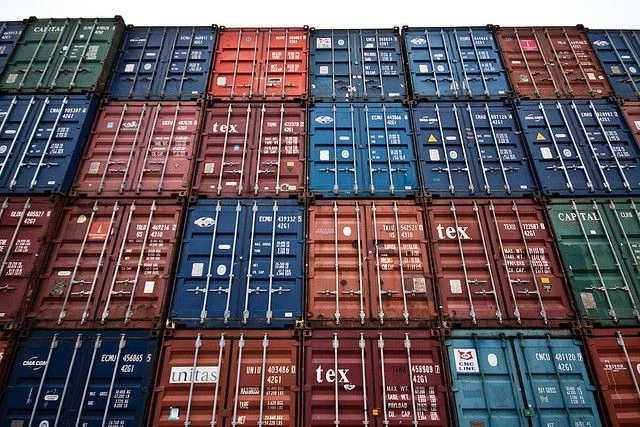
Partner Article
Risks every SME should consider when exporting
With the UK economy thriving, it’s no surprise that many SMEs are looking abroad to expand and grow their business. A fact supported by a report from the American Express FX International Payments which revealed that around 73% of UK businesses are looking overseas.
So, not only is the strength and value of the Sterling (£) favourable to the international market but the increasing demand for British brands creates an opportunity for those companies brave enough to tap into these markets.
However, leaving these shores, there are a number of things you have to take into consideration:
Trade Restrictions:
Although most products can be exported without the need to obtain a licence from the UK, certain countries might require an import licence. It is also important to consider the fact certain governments may impose sanctions prohibiting certain products to a particular country.
Probe Legal Environment:
Cultural shifts and nuances can make exporting to a different country feel alien. Different countries have different commercial practice, for instance, payment procedures, credit terms, legal rights in the local courts and business rights in case of a dispute.
Additionally, certain countries subject foreign entities to the local laws and tax and are able to place restrictions on forming a business such as requiring a minimum level of capital or a particular legal form of the business.
Intellectual Property:
Most countries have local systems allowing foreign businesses to register patents, trademarks and copyright. However, if exporting to several countries, there might be the possibility to protect IP on an international basis. For instance, patents can be European-wide.
Conversely, copyright infringement have to enforced by the patent holder which can add to export cost.
Adhere to Product Law:
British businesses looking to trade abroad have to bear in mind that different countries have different standards for particular products. Even if a product meets British or European standards it may well not be up to standard in a different nation.
Products may need to be certified to state that it meets appropriate standards which can often mean that product must be tested and certified by an approved organisation in that country.
Examples include labelling products in the local language, selling to minors, using local weights and measures. Failure to adhere to these rules might and can often lead to prosecution, customers will be in a position to sue if products fail to meet minimal standards.
If targeting consumers, businesses are expected to comply with local consumer protection laws. Local laws will apply even if a business have no operations on the ground and is selling remotely – via mail or through the internet.
Negotiation Contracts
When working with third parties abroad, make sure you have a contract in place agreeing each parties role and responsibility in delivering the product or service. Establish early the limitations of each parties’ responsibility as businesses might have a legal obligation to third party agents like distributors or suppliers.
Suffice to say, do NOT take bribes, do NOT offer bribes. Bribery are illegal in most countries and paying or failing to prevent payment of can and often resort to prosecution. Have adequate procedures in place to prevent bribery.
Seek Professional Advice
Most SMEs are very conscious of cost and many will take that leap of faith without seeking the right advice. However, there are several government portals and departments that offer free quality advice and may also offer invaluable networking opportunities.
Wherever possible, invest in legal advice. Invest in a lawyer with exporting experience to assist with drawing up contracts, manage and interpret legal uncertainties.
By Mr Sarosh Zaiwalla, Senior Partner of international City law firm Zaiwalla and Co.
This was posted in Bdaily's Members' News section by Mr Sarosh Zaiwalla .
Enjoy the read? Get Bdaily delivered.
Sign up to receive our popular morning National email for free.








 Ready to scale? Buy-and-build offers opportunity
Ready to scale? Buy-and-build offers opportunity
 When will our regional economy grow?
When will our regional economy grow?
 Creating a thriving North East construction sector
Creating a thriving North East construction sector
 Why investors are still backing the North East
Why investors are still backing the North East
 Time to stop risking Britain’s family businesses
Time to stop risking Britain’s family businesses
 A year of growth, collaboration and impact
A year of growth, collaboration and impact
 2000 reasons for North East business positivity
2000 reasons for North East business positivity
 How to make your growth strategy deliver in 2026
How to make your growth strategy deliver in 2026
 Powering a new wave of regional screen indies
Powering a new wave of regional screen indies
 A new year and a new outlook for property scene
A new year and a new outlook for property scene
 Zero per cent - but maximum brand exposure
Zero per cent - but maximum brand exposure
 We don’t talk about money stress enough
We don’t talk about money stress enough